Fourteen years ago, I announced that I plan to study abroad to family and friends. Back then, I was 17 years old, and the thought of leaving Bulgaria was equally exciting and terrifying.
In the beginning, no one took me seriously. Most of my friends laughed. Many of my high school teachers were amused. Even my parents thought it was crazy talk. While that was frustrating to hear, I could not blame them. My family could not support me financially. We never had the financial means even to travel internationally. Looking back, my English proficiency was not good enough. What was I thinking? The whole idea appeared to be doomed to fail. Couple that with how no one in my close circle of family and friends was college-educated, and you can see why people laughed. Yet, while everyone doubted me, I somehow knew that was the right thing to do and was determined to make it happen.
Luckily, two things took place at about the same time that made my dream a reality. One, Denmark announced “free” college education for citizens of EU countries. Two, my parents realized that I was dead serious and did their best to support me.
Seven Nine countries later
The first few years in Denmark were brutal. I struggled to find a job. Even the lowest-paid cleaning jobs rejected me because I did not speak Danish. My family had a hard time making ends meet. One of their salaries supported them in Bulgaria, and one was sent my way. Roughly, each party needed to survive with about ~$280 per month.
Despite the lack of money, it was one of the happiest times of my life. While I was forced to eat potatoes for the entire first year of my studies in Denmark, it all felt right. Meeting people from all over the world, improving my English proficiency, understanding different cultures, and absorbing the benefits of another educational system proved worth all the setbacks. Fast forward to today, and I have lived in seven countries for a period of at least three months.
1) Denmark — In 2009, I moved to a small city in northern Denmark, where I spent seven years. During my stay in the Nordics, I obtained two university degrees. Started my first company. Took on many crappy jobs to sustain myself (newspaper delivery, snow cleaning, dishwashing, etc.). And most importantly, met some incredible people from all over the world.
2) Greece — in the summer of 2010, I moved to Crete, Greece. My stay in Crete lasted four months, where I went through an internship at the stunning Blue Palace Elounda.
Greece has always been on top of my mind from an early age. After all, my grandparents come from a small village at the border of Bulgaria and Greece. I always felt compelled to track my ancestry. Luckily that bet paid back, living in Greece was incredible. I love the people, culture, language, food, nature, and everything in between.
3) Taiwan — I moved to Taiwan three years later to take another internship. That was my first experience in Asia, and I loved every moment. Then, seven months later, I moved back to Denmark to start my Master's studies. As I was flying back to Denmark I remember thinking about how I would return to Asia in the not-so-distant future.
4) Malaysia — when the time to write my Master’s thesis arrived, Asia was top of mind for me. So I did the most obvious thing and applied for a scholarship to write the thesis abroad. Aalborg University granted me a $700 grant to have my field research at Hong Kong Polytechnic University. Once I got there, I received an email. A startup I co-founded got admitted to an accelerator program in Malaysia — MAGIC. So Hong Kong led to Malaysia, where I spent three months.
5) Indonesia — The startup I was running showed some traction in Indonesia. Once again, I bet on myself and moved to Bali.
Indonesia proved to be rich in both startup opportunities and travel adventures. In 2017, I shut down my early-stage venture and got a job as a Head of Marketing at a travel startup in Jakarta. A year later, I joined Greenhouse as a GM.
6) Singapore — four years later, I got an opportunity to move to Singapore, where I am currently based.
Add my homeland Bulgaria, where I spent 18 years and my journey covers seven countries. Yet, if we consider shorter stays, the number would grow even more by adding India and Mainland China.
Today, I am writing this essay from an Airbnb in Delhi, India, where I will be staying for three weeks. That's my second stay in India; not too long ago, I spent a bit of time working from Mumbai and Goa as well.
Last but not least, in 2015, I attended a summer school in Beijing, China, where I studied Mandarin and Chinese culture.
The sovereign individual.
Today, I have become what many call a sovereign individual. I live a life in ways that would have been unthinkable 30 years ago. The information age has changed what’s possible, especially relative to where you live.
“An important feature of the modern era is that you can boot up a billion dollar company from a laptop, a million person online community, a new digital currency, or even a new city!”
Balaji
In the beginning, I did not give it a lot of thought. I followed my gut and kept an open mind. One opportunity led to another, and my journey took me across multiple countries. When I was no longer fond of a place, I voted with my feet and moved on.
The more I reflect on all that, the more I think of the four types of luck mental model I wrote about sometime back.
I clearly went through motion-caused luck. Meaning that I let chance operate by engaging with any opportunity that came my way.
However, most people find that approach unsettling. We are wired to think of locality. In my experience, there are two schools of thought on the topic:
You spend your life where you were born. Why would not you? You understand the system, the language, and your family is around. You do not need to deal with unnecessary stress.
Pick a great hub like Silicon Valley (tech), New York (fashion), LA (entertainment), or Singapore (finance). Then do everything in your control to move there.
Both approaches have merits, especially when they converge. Imagine being born in San Francisco and developing a passion for technology. That’s the best possible scenario. But for many people, the reality is different. Most of us are born in cities that are not great hubs. Hence, we need to decide whether we want to give up on comfort in exchange for growth.
“Through dumb luck, [my business partner] Charlie and I were born in the United States, and we are forever grateful for the staggering advantages this accident of birth has given us.”
Warren Buffet
Whatever decision you take, there will be tradeoffs. For example, staying in Bulgaria would have made my life so much easier. I would have had comfort, access to close friends, family, and most likely less stress. But, all that would have come at the cost of personal growth, new experiences, and adventures.
I do not mean to say that staying in your homeland strips you of opportunities to grow. Yet, it is undeniable that international experience broadens your perspective.
The information age.
The information age has transformed the world. If you do not feel happy in a particular location, you will no longer be tied to it. That’s, of course, true if you have a knowledge-based job. It will be challenging for blue-collar roles to work remotely.
Most likely, technological progress and automation will accelerate the demand for knowledge-based roles. Roles that are remote-friendly by nature. In turn, cities/countries that do not invest in a) improving quality of life and b) attracting great talent, will be less desirable.
Another vital factor to consider is the impact of COVID on remote work. The pandemic triggered a repricing of real estate globally. People are moving away from large and expensive hubs like never before.
The outcome of all that is that friendly time zones, foreign-friendly visas, and quality of life are now more valuable. A few examples of hubs that have emerged as attractive destinations are:
Thanks to its friendly and pro-crypto mayor, Miami has been getting a lot of attention as a startup city.
Wyoming has established itself as a hub for people who want to start a DAO.
Elon Musk is building Starbase in Austin.
Singapore launched Tech.Pass to allow seasoned tech entrepreneurs worldwide to move to Singapore.
Portugal has become quite popular in web3 circles thanks to its tax-free policy for crypto.
The list goes on and on. All those locations were not as attractive ten years ago. Now the center of power has shifted from places like San Francisco, New York, and London to various new hubs. Cities that offer lower real-estate costs but a higher quality of life (except for Singapore, where real-estate prices are pretty high).
Companies recognize the same opportunity. Think of the following examples of well-attuned brands embracing the new world:
Airbnb — A new experience for a new world.
Wander — smart homes designed for a workcation, vacation, or anything in-between.
As it gets easier to earn anywhere, we are no longer obliged to live and subject ourselves to countries we do not like. Governments that do not invest efforts to create high quality of life will drive away their best customers.
That’s why web3 has gained so much momentum in the past decade. A truly decentralized web allows for privacy and self-custody of digital assets like never before in human history. All that leads to a “transnational” understanding of the world. People may transcend any bad luck of being born in countries that offer poor quality of life and limited opportunities. All you need to thrive in the information age is:
Proficiency in English (being the global language of trade).
Access to the internet.
Freedom of mobility (some states do not allow that, e.g., China, North Korea, etc.)
A thirst for adventures.





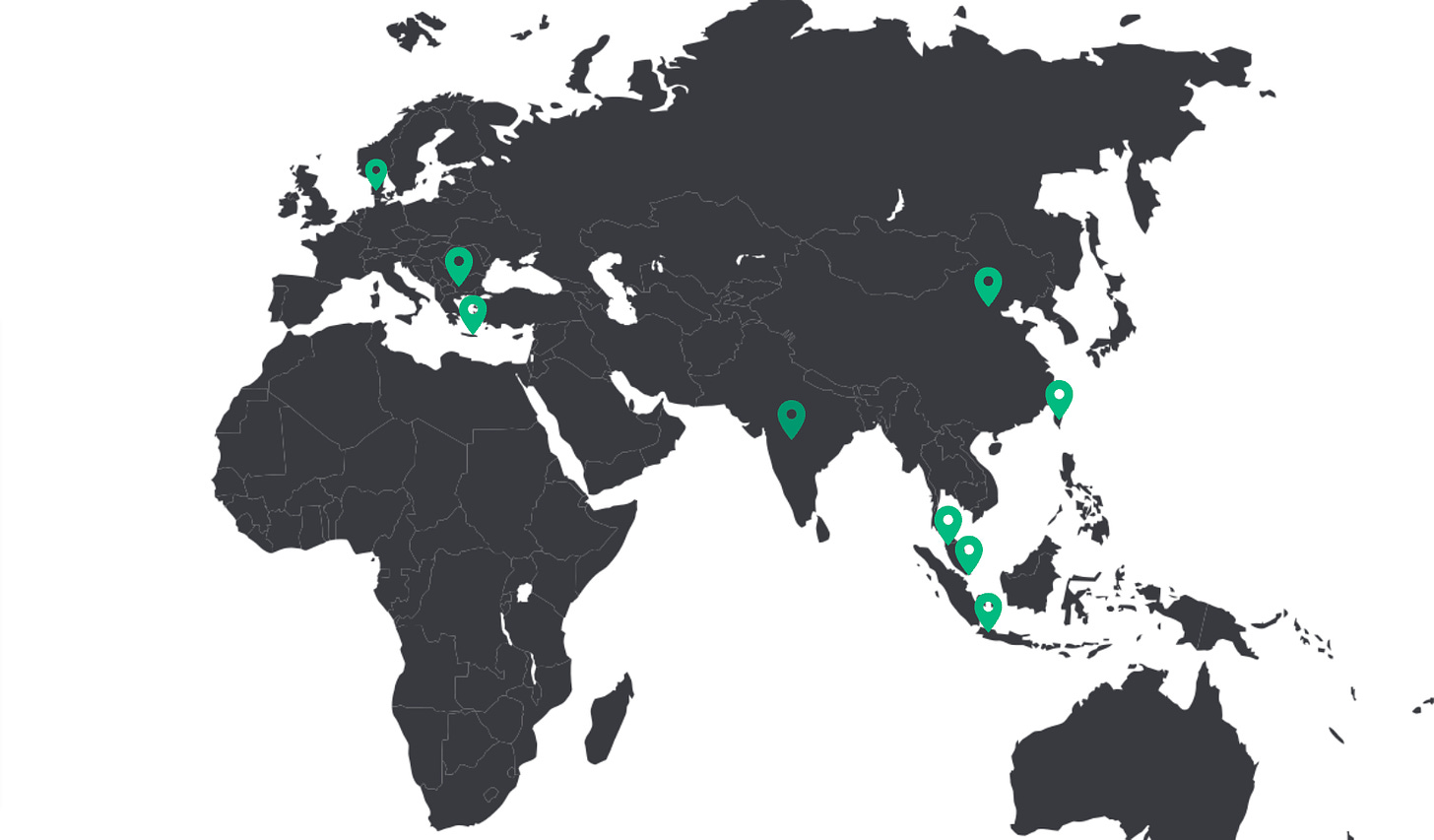
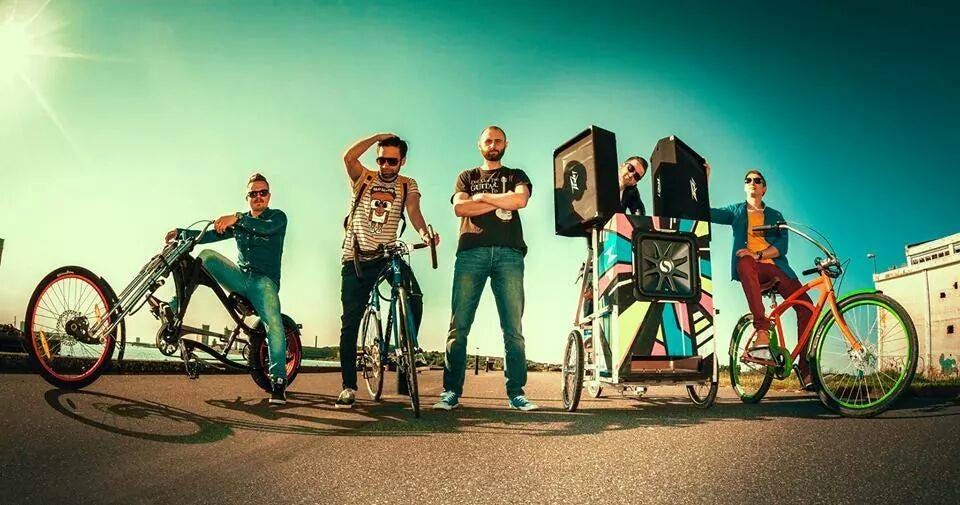
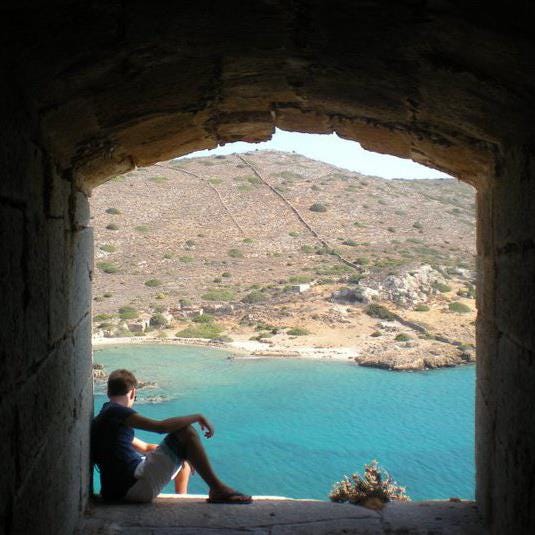
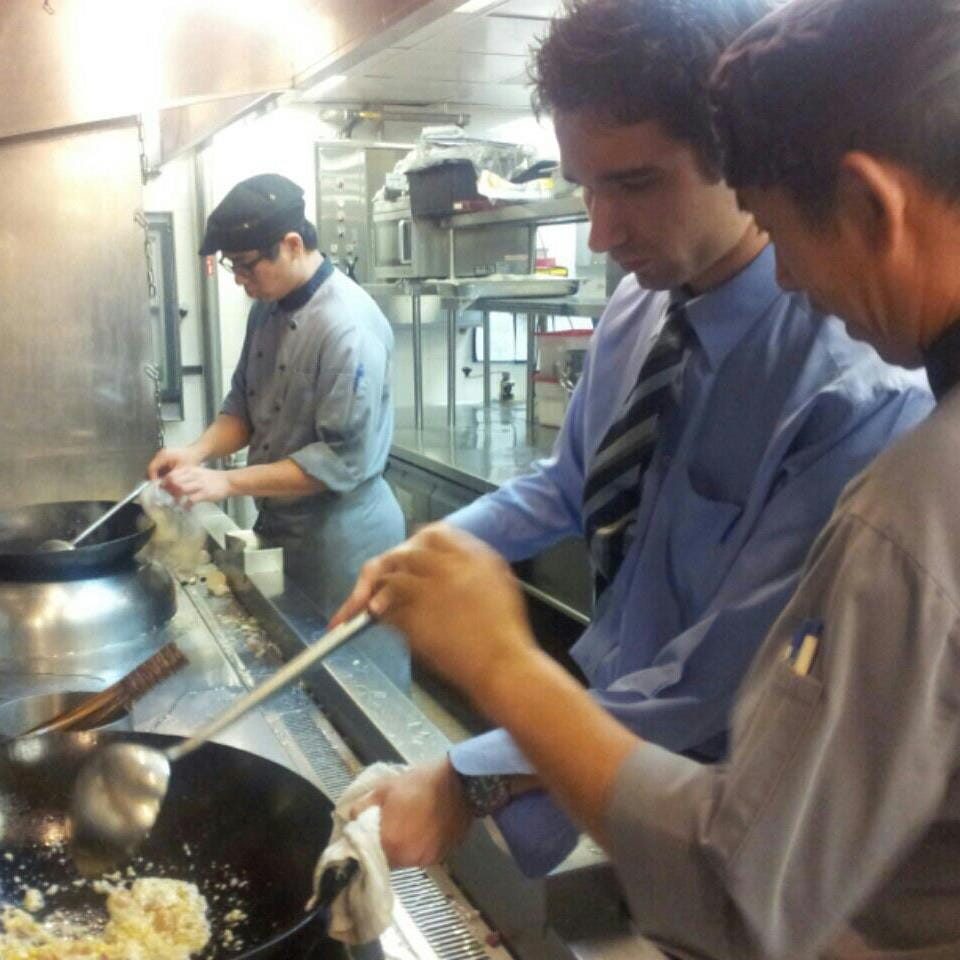
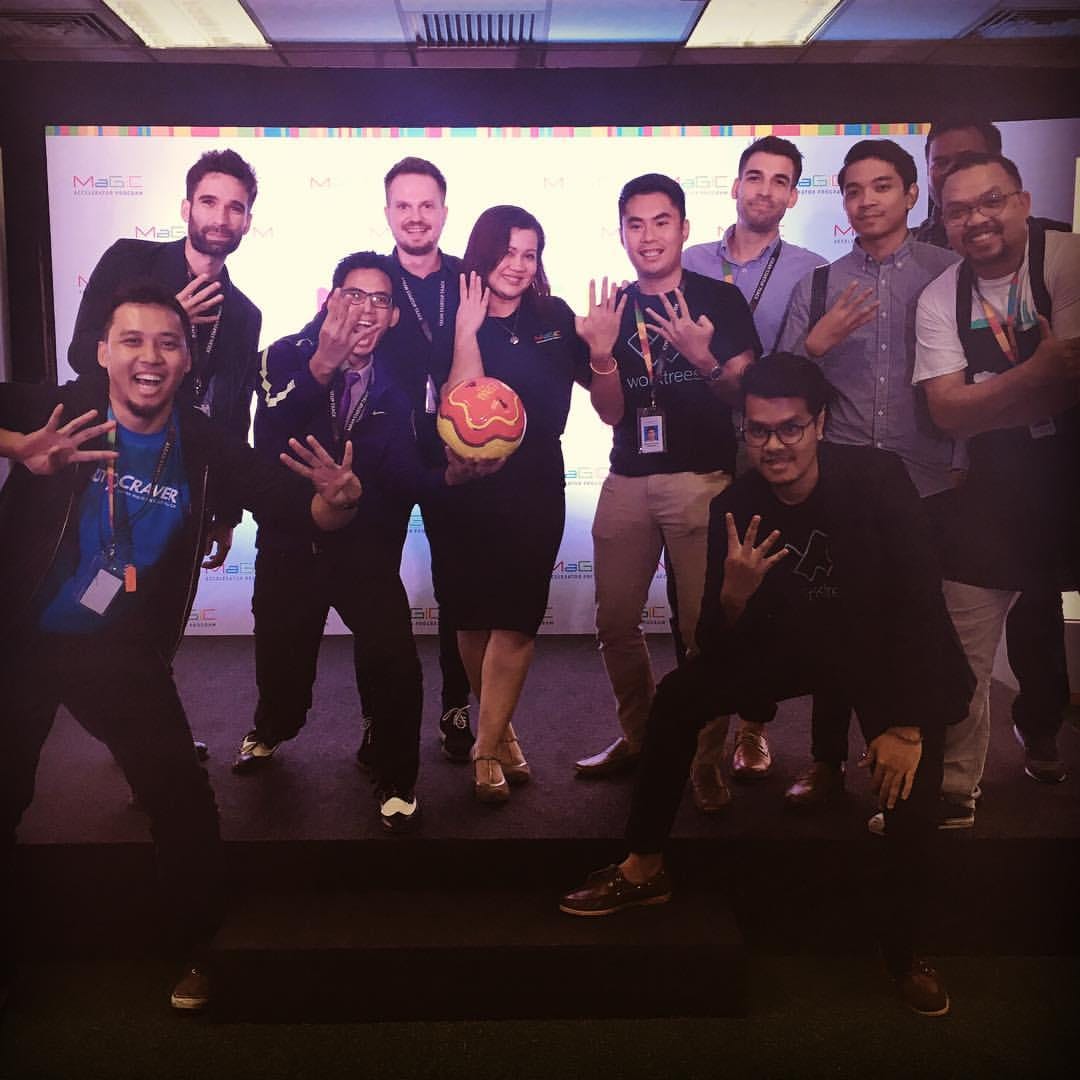

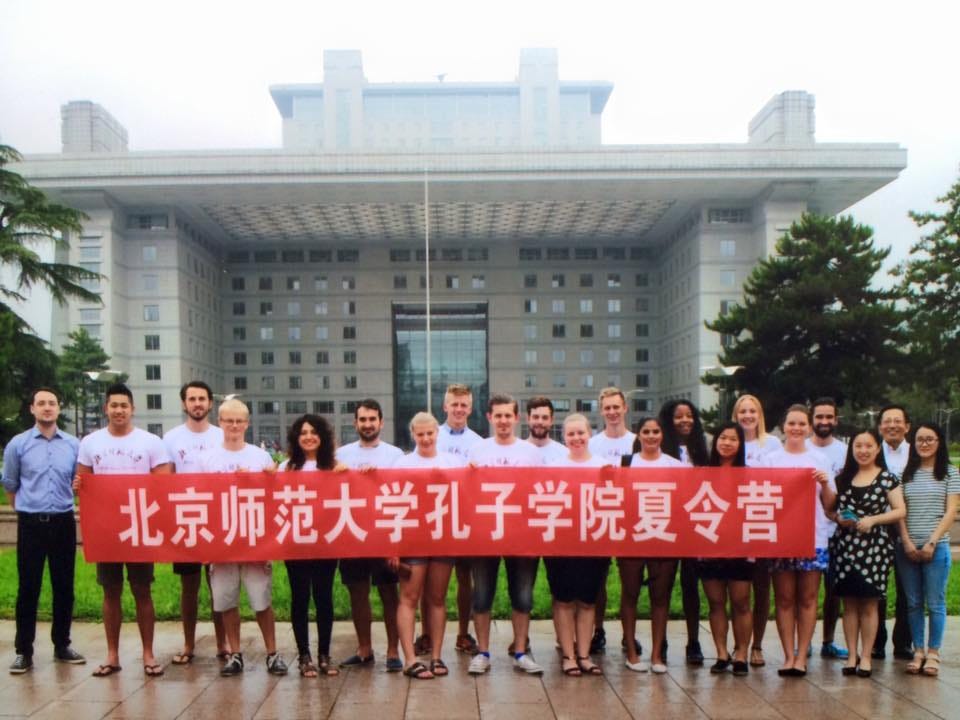
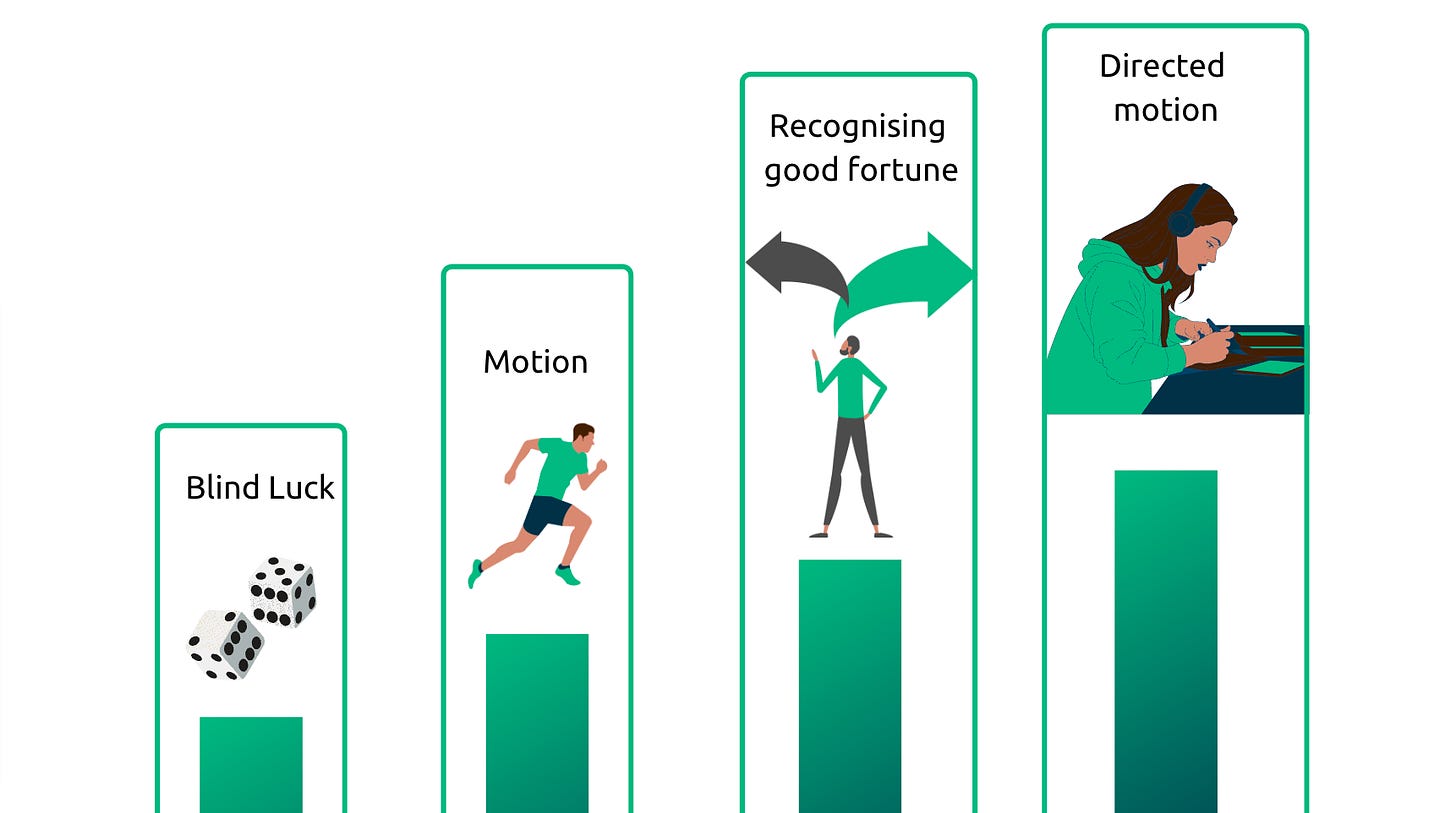

Could relate a lot to what you’ve written!
I’m literally thinking about leaving London, UK for a better place to start a family (Portugal/ Italy/ South Korea/ Singapore). I.e. voting with my feet 😅